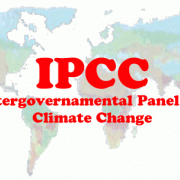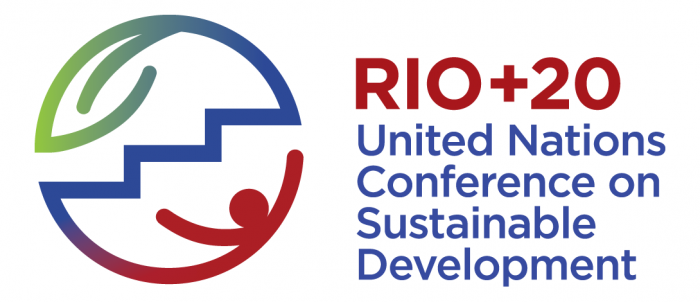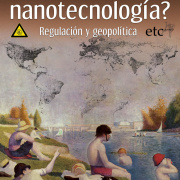Las organizaciones abajo firmantes, escribimos para expresarle nuestra preocupación sobre la próxima reunión conjunta de expertos sobre geoingeniería, que organiza el IPCC en Lima, Perú, del 20 al 22 de junio de 2011.
La geoingeniería, la manipulación intencional a gran escala de los sistemas de la Tierra para modificar el clima, es uno de los asuntos más graves que la comunidad internacional tendrá que enfrentar en los años venideros. Las perspectivas de cambiar artificialmente la química de nuestros océanos para absorber más CO2, o modificar el equilibrio de la radiación solar que llega a la Tierra, inventar nuevos sumideros de carbono en ecosistemas frágiles, redirigir huracanes u otros eventos meteorológicos extremos, resulta sumamente alarmante. El potencial de accidentes, experimentos altamente peligrosos, evaluaciones de riesgo inadecuadas, impactos inesperados, unilateralismo, lucro privado, disrupción de la agricultura, conflictos internacionales, objetivos políticos ilegítimos y consecuencias negativas para el Sur global, es muy alto. Las posibilidades de que la geoingeniería brinde soluciones seguras, de largo plazo, democráticas y pacíficas a la crisis del clima, son inexistentes.





